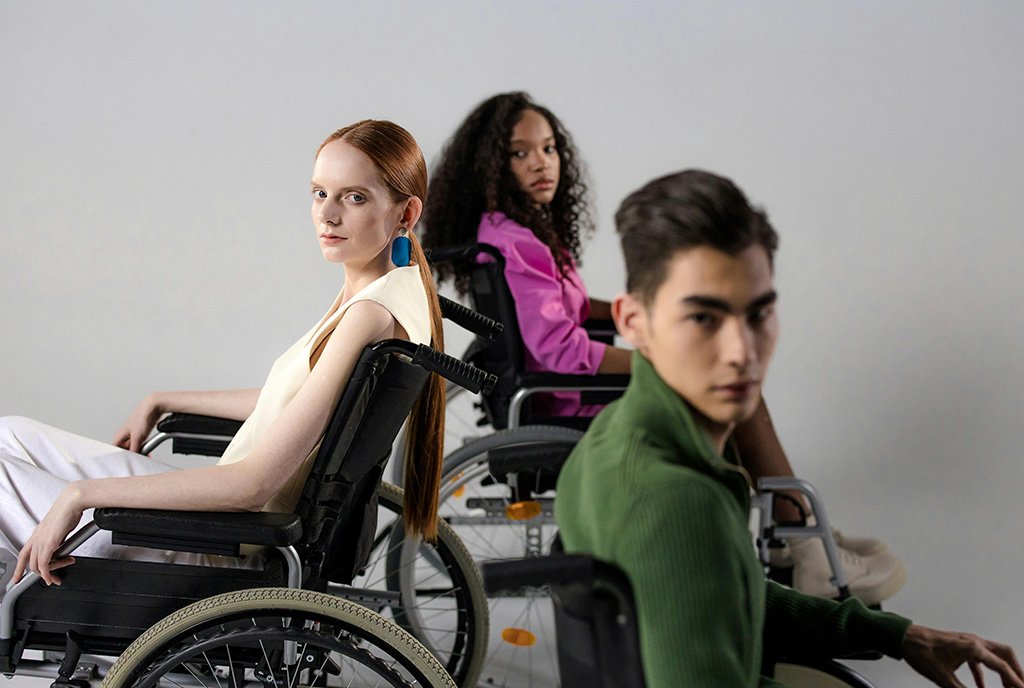
"The compounded barriers individuals face at the intersection of disability, race, and gender are highlighted by the US Supreme Court's decision to overturn abortion rights."
"The legal decision enables state-level abortion restrictions, raising serious concerns for disability rights advocates about individual autonomy in medical decision-making."
"Advocates must recognize the interconnected challenges faced by both reproductive and disability rights movements to protect bodily autonomy and legal rights."
"Equal rights for individuals with disabilities, grounded in laws like the ADA and Section 504, are at risk following the recent Supreme Court ruling."
The recent US Supreme Court decision to overturn constitutional abortion rights unveils significant complications for individuals at the intersection of disability, race, and gender. This legal shift allows for state-level restrictions, raising grave concerns for disability rights advocates, particularly regarding autonomy over medical decisions, access to healthcare, and existing legal protections. Addressing these complex interconnections is vital for both reproductive and disability advocates, emphasizing the urgency to protect bodily autonomy and rights in the resulting socio-legal landscape. Historical civil rights legislation like the ADA and Section 504 now faces jeopardy, highlighting the necessity for intersectional advocacy.
Read at Non Profit News | Nonprofit Quarterly
Unable to calculate read time
Collection
[
|
...
]